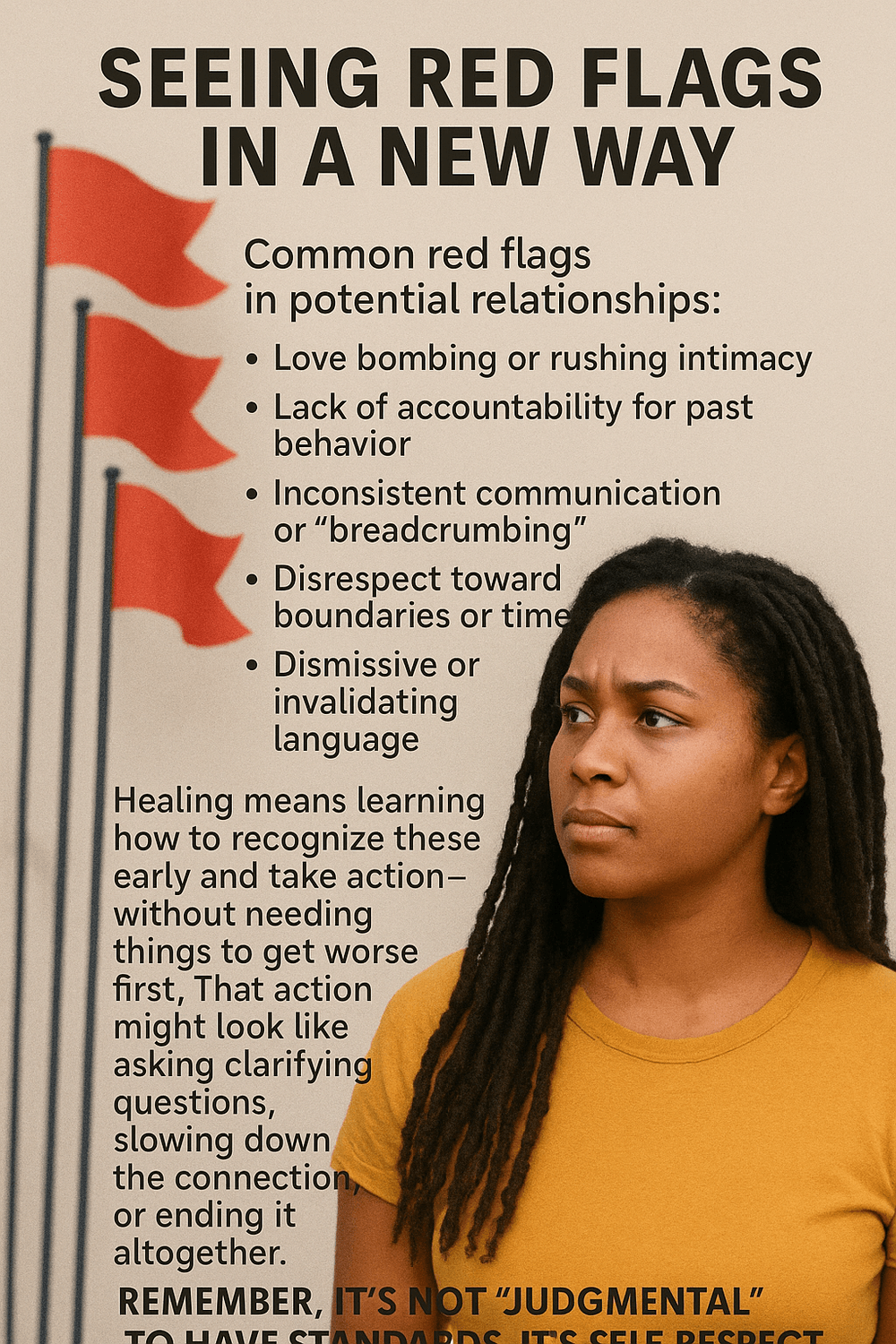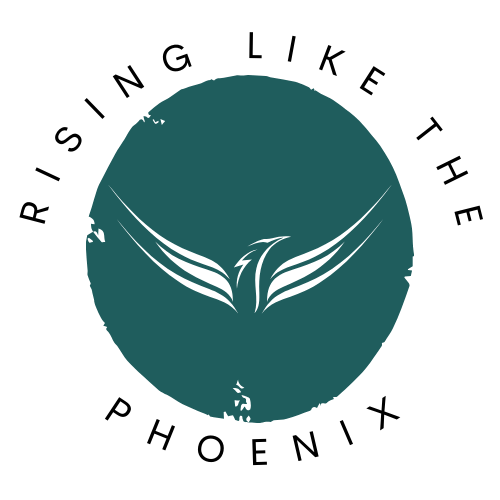Long-Term Resilience & Moving Forward-Learning How To Trust Again After Emotional Trauma
Opening your heart after emotional trauma isn’t about blind trust—it’s about building wise boundaries, choosing safer people, and honoring the lessons you learned in the fire. If you’ve survived narcissistic abuse, gaslighting, or any toxic relationship, you’ve likely asked yourself, “How do I ever trust again?” This blog is your compassionate guide to rebuilding trust—without abandoning your self-worth or emotional safety.
Why Trust Feels So Hard After Trauma
Trauma, especially the kind rooted in betrayal or emotional manipulation, rewires our nervous system. You may find yourself on high alert, expecting the worst, or bracing for abandonment—even when you’re safe. This is a normal survival response, not a character flaw.
After experiencing narcissistic abuse or relationship trauma, survivors often:
- Second-guess their instincts
- Avoid vulnerability
- Feel intense shame around “falling for it”
- Struggle with black-and-white thinking (“No one is safe.”)
The truth is, trauma doesn’t mean you’re broken. It means your system adapted to protect you. And now, as part of your healing journey, it’s time to rebuild trust—slowly, wisely, and with yourself first.
The First Step Is Relearning to Trust Yourself
You cannot outsource trust if you haven’t learned to trust your own judgment. For many survivors of toxic relationships, the betrayal wasn’t just about what was done to them—it was about the slow erosion of their intuition.
Exercises for Rebuilding Self-Trust
- Truth journaling: Write down your real thoughts and feelings daily—no censoring.
- Safety inventory: Ask, “What people, places, and practices make me feel most safe?”
- Body scans: Tune into how your body reacts around certain people—tension and ease are data points.
The more you show up for yourself, the less you’ll feel desperate for outside validation.
Boundaries Are Not Walls—They’re Runway Lights
One of the biggest fears after emotional trauma is letting someone in again. But moving forward doesn’t mean abandoning your new wisdom. It means using it to protect your peace.
Healthy boundaries are a form of self-care, not punishment. They help you:
- Protect your time and energy
- Communicate your needs clearly
- Say “no” without guilt

Key Boundary-Setting Tips for Survivors
- Start small. Practice with safe people first—friends, therapists, or trusted allies.
- Be direct. “I need more time before I open up about that” is a complete sentence.
- Honor your no. You don’t owe anyone access to your emotional world without mutual respect.
Boundaries are your pre-flight checklist. They don’t mean you expect turbulence—they just ensure you’re prepared if it comes.
Trusting Again—Cautious Hope, Not Blind Faith
Once you’ve fortified your sense of self, the idea of trusting others may still feel risky—and that’s okay. You’re not the same person who was hurt. You’re wiser now.
When evaluating new connections, consider:
- Do their words match their actions?
- Can I express disagreement safely?
- Are they consistent and respectful over time?
What Safe People Look Like
- They respect your no without guilt-tripping
- They celebrate your growth, not resent it
- They take accountability for their behavior
It’s okay to move slowly. Relationships aren’t a race. Long-term resilience means knowing you can trust yourself to walk away if something feels off.
Loving Again Without Losing Yourself
Romantic relationships can be especially triggering after emotional trauma. You may feel torn between wanting intimacy and fearing enmeshment or betrayal. This is where your growth shines.
Grounding questions for dating or re-partnering
- Am I abandoning parts of myself to be chosen?
- Do I feel safe to express my true self?
- Is this connection reciprocal—or one-sided?
Red Flags Aren’t Drama—They’re Data
After surviving gaslighting or manipulation, many survivors struggle to recognize red flags or, worse, explain them away to avoid seeming “too sensitive.” But a healing journey includes learning to trust what you see, feel, and know—the first time.
Red flags are not inconveniences—they are early indicators that someone may not be emotionally safe for you. Some may seem subtle, but they often signal deeper relationship trauma patterns.
Common red flags:
- Inconsistent communication
- Love-bombing followed by devaluation
- Defensiveness or blame-shifting
- Lack of respect for boundaries
- Disregard for your healing

Reframing the Way You Respond to Red Flags
Rather than internalizing red flags as a sign that you are broken or too damaged, view them as your intuition whispering (or yelling) for your attention. Try these responses:
- “I feel uncomfortable with how fast this is moving. I need to slow down.”
- “It’s important to me that my boundaries are respected.”
- “That reaction didn’t feel safe. I’m going to step back and reflect.”
You are stating what you need, not asking for permission.
Trust Isn’t Earned Overnight—It’s Built Through Consistency
Long-term resilience means giving people time to show you who they are. If someone becomes impatient with your boundaries or healing pace, that’s not your person.
Look for Green Flags to Balance Your Perspective
Some green flags to watch for:
- They apologize and adjust when you share a boundary
- They listen without minimizing your feelings
- They support your healing journey
- They show up consistently
- They honor your emotional and physical pace
Community, Coaching, and Continued Healing
You don’t have to navigate this alone. Community is a vital ingredient in trauma recovery. Whether it’s a support group, a trauma-informed therapist, or an online sisterhood, surrounding yourself with people who get it makes a huge difference.
Support Ideas to Explore
- Trauma recovery coaching
- Therapy focused on attachment repair
- Women’s empowerment groups
- Healing retreats or courses
You Can Move Forward—Without Forgetting
Rebuilding trust after trauma isn’t about pretending nothing happened. It’s about honoring what did, integrating the wisdom, and walking into your future more grounded than ever.
FAQ: Frequently Asked Questions
When you can honor your own boundaries without guilt and observe someone else’s behavior over time without losing yourself, you're ready to try again.
That’s often a sign that deeper wounds are asking to be healed. A trauma-informed therapist or coach can help you recognize and shift unconscious patterns.
Absolutely. With the right support and self-awareness, you can build relationships based on mutual respect, safety, and authenticity.
100%. Sometimes the most healing relationship is the one you build with yourself.
Practice. The more you tune into your body, voice your truth, and honor your boundaries, the more confident you'll become in your inner guidance system.
Further Resources:
Navigating Love After Narcissistic Abuse
5 Ways Loved Ones Can Help Victims of Narcissistic Abuse
5 Ways Loved Ones Can Help Victims of Narcissistic Abuse
Download Your Free Guide to Healing from Narcissistic Abuse
Categories
Rise Weekly Newsletter
Because healing isn’t just about surviving, it’s about rising. Rise Weekly delivers empowering insights, gentle reminders, and soulful tools to help you reclaim your strength, set powerful boundaries, and rebuild a life that feels like you. If you're ready to rise above trauma and step into your next chapter with clarity and courage - this is your space.
Created by © Suzanne Startari with systeme.io




